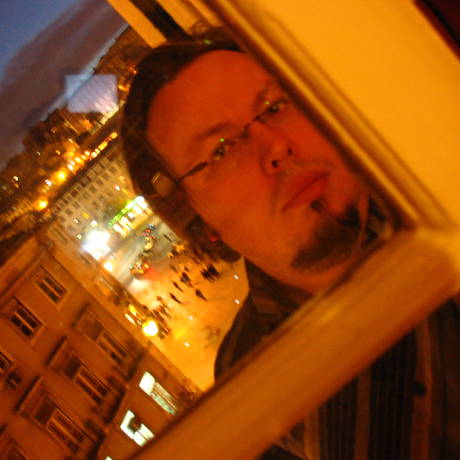Are we having fun yet? Introducing play and experimentation into learning innovation through social media
Tuesday 11:00-12:30 (2), Grainger Suite
Type: Short paper
Theme: Students as users and co-creators
#oer14 #abs74Authors
Peter Bryant, Head of Learning Technology and Innovation, London School of Economics and Political Science, [email protected]Antony Coombs, Academic Adviser - Technology Enhanced Learning, University of Greenwich
Monika Pazio, Lecturer in Educational Technology, University of Greenwich
Abstract
Introduction and ContextIn the increasingly frantic, impossible environment of higher education pedagogy, social media (which conceptually includes the notions of production, critiquing and consumption of 'openly' accessible media) is often seen as both the hero and the villain, offering a mechanism that may help realise the potential of e-learning but alternately might entwine the academy in a web of perceived (or real) risks and dangers (Hughes, 2009; Ralph & Ralph, 2013; Towner & Muñoz, 2011). This short paper will look at potential reasons behind this apparent disconnect, through the lens of data collected through the consultation and implementation phases of Greenwich Connect, a university wide vision for Learning Innovation at the University of Greenwich. We argue that critical to the success of any learning innovation is the ability of the staff and students to play and experiment, and that there are significant barriers to encouraging and supporting this ‘safe space’ in an open world, which is fundamental for staff finding their institution strategically and operationally credible (Whitchurch, 2008).
Methods
In June 2013 we advertised a call for projects that could utilise technology to enhance the production, sharing and remixing of student generated content facilitated through social media. This call resulted in the allocation of nearly 150 pieces of technology (tablets, cameras, recorders and software) to programme teams across the university. Each project required the team to integrate these collaborative practices into their learning, teaching and assessment and that critical reflection and peer evaluation were part of the curriculum design. Fundamental to our rationale for engaging in this project was the notion that each team had to be responsible for how they would integrate the use of technology into their teaching practice and most importantly, to have fun and play with the boundaries of the equipment and the learning that potentially could take place.
Results and Discussion
Whilst our project is in its early stages, we are getting feedback from students and staff that they enjoy using and playing with the equipment. They appreciate not having to use their own personal equipment and social media presence for educational use and most all, it is fun. These comments represent a tiny slice of the experiences of the projects and are being connected to student evaluation data, student achievement, staff satisfaction and experiential data. There have also been examples where the idea of integrating technology into a new learning and teaching approach is not fun, but plainly frightening or in some cases based on wrong assumptions. Our initial findings have suggested significant institutional resistance to experimentation and play arising from staff performance management, time poverty and aversion to risk which have had impact on the uptake of the seed fund and the rationales for how the projects were scoped.
References
Hughes, G. (2009). Social software: new opportunities for challenging social inequalities in learning? Learning, Media and Technology, 34(4), 291-305.Ralph, M., and Ralph, L. (2013). Weapons of mass instruction: the creative use of social media in improving pedagogy. Issues in Informing Science and Information Technology, 10.
Towner, T.L., and Muñoz, C.L. (2011). Facebook and education: a classroom connection? Cutting-edge Technologies in Higher Education, 1, 33-57.
Whitchurch, C. (2008). Shifting identities and blurring boundaries: the emergence of third space professionals in UK higher education. Higher Education Quarterly, 62(4), 377-396.
Files
Recap recording
https://www.youtube.com/watch?v=RoY6Dh3udU0
Further details
Keywords: digital pedagogy, e-learning, social media, fun, play, learning innovation
Mr Peter Bryant, Head of Learning Technology and Innovation, London School of Economics and Political Science
Twitter: @peterbryantHE
Twitter abstract: Are you having fun yet? Learning through experimentation and play with user created content #edtech
